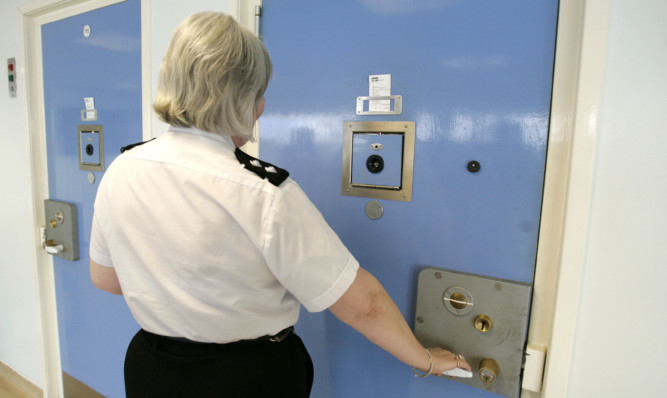
“Tackling the situation needs more than a warm heart, or warm words. It needs a different policy from the Scottish Government.”
It was one of 2014’s most heart-warming stories. A student raised more than £21,000 for a homeless man after he offered his last few pounds so she could get home safely after losing a bank card.
University of Central Lancashire art student Dominque, 22, was so touched by the gesture of a young man known only as Robbie that she launched a fundraising campaign to help her homeless Sir Galahad find a place of his own.
In the face of austerity, zero-hour contracts, debt and despair, those two generous gestures are drops in the ocean but also vital expressions of our common humanity.
Similar generosity has supported foodbanks across the country.
No wonder. It’s the time of year for generosity and with Tories promising more cuts in the years ahead, it’s the right era too.
But thoughtfulness is not just for Christmas.
Some caring acts are more controversial, less obvious, but just as important. The call to scrap plans for a new women’s prison in Greenock is one such case. The Scottish Government intends to build a new, large women’s jail in Inverclyde for 350 women and will put out tenders in a matter of weeks.
What of it? Didn’t a report call for Scotland’s existing women’s jail in Stirling to be scrapped?
Yes indeed. In 2012 the Commission on Women Offenders, led by Eilish Angiolini, called for Cornton Vale to be replaced. But Scotland’s former Lord Advocate went on to say that only a small prison for the tiny number of dangerous, long-term female prisoners should be built.
The vast majority of female prisoners, she said, should have their underlying mental health, alcohol and drug addiction problems tackled in the community. Eilish stressed the point. Most women prisoners shouldn’t be in jail.
That chimed with me. Four years earlier, I’d been on the Scottish Prisons Commission which said exactly the same thing. We had visited Cornton Vale and were shocked by what we found. One young drug-using woman due for release the next day openly predicted she’d be begging on the streets again the next day to feed her drug habit. Another woman wraith-like, quiet and serene had been admitted the previous day after a suicide attempt. The sheriff decided this was the only way to find her good treatment fast.
The defeated demeanour of the women inmates was shocking. Only the stoniest heart could visit this epicentre of self-harm and not feel compassion.
Tackling the situation needs more than a warm heart, or warm words. It needs a different policy from the Scottish Government. Every report has said the same thing women on short sentences for drug-related crime, including prostitution, should be in rehabilitation, supported accommodation or community services, not in jail.
One of the most successful “diversion” projects is the 218 Centre in Glasgow, which takes 500 women out of the prison cycle every year and gives time and structure to help create a new life, away from dependencies and the old habits of home. During stays of three to six months women develop healthier habits and new friendships. It’s more expensive than jail, but it works and lets women stay close to their children.
So why ignore expert advice? Why fund another women’s prison instead of more projects like 218?
Former Scottish Prison Governor, Professor Andrew Coyle says a new Greenock jail will be “a tragedy … for decades to come”.
At this 11th hour, it’s not too late for a rethink so 2015 begins as 2014 ended with an unexpected act of compassion.

Enjoy the convenience of having The Sunday Post delivered as a digital ePaper straight to your smartphone, tablet or computer.
Subscribe for only £5.49 a month and enjoy all the benefits of the printed paper as a digital replica.
Subscribe